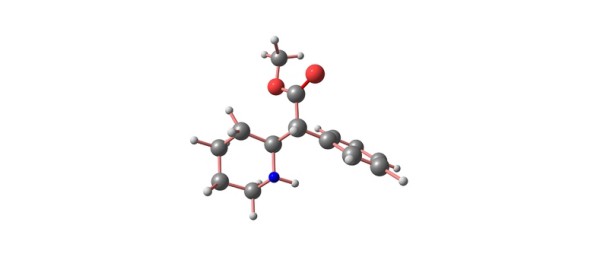Can ADHD Meds Lower Drug Abuse Risk?
The medical community has recognized that the off-label use of medications can hold promise for the treatment of other diseases. A recent study by researchers at Indiana University showed that certain medications used to treat attention deficit hyperactivity disorder (ADHD) can be used to lower the risk of substance use. This article explores the results of this study as a way to potentially treat addiction.
ADHD Medication and Substance Abuse Risk
A study by The American Journal of Psychiatry found that commonly prescribed ADHD medications may hold promise for lowering the risk of substance abuse in patients.
The study looked at nearly three million commercial healthcare claims from 2005 to 2014 to determine the correlation between substance abuse-related events such as emergency room visits and whether the patients were prescribed ADHD meds. The patient data was culled from adolescent and adult ADHD patients.
The study found:
- Male patients had a 35 percent lesser chance of presenting with substance-use events when prescribed ADHD medications.
- Female patients had a 31 percent lower chance of ER visit when prescribed ADHD meds.
While the study concluded that more research needs to be done and that it cannot necessarily be assumed that ADHD medication can prevent substance use, the authors did state:
“The study contributes to a growing evidence that ADHD medication is linked to lower risk for many types of harmful behavior, including substance abuse. The results also highlight the importance of careful diagnosis and compliance with treatment.”
The study showed that of the three million cases analyzed, 57 percent had instances where they were off the medication. In some cases, those instances correlated with a visit to an ER.

METHYLPHENIDATE (PICTURED HERE) WORKS BY STIMULATING THE CENTRAL NERVOUS SYSTEM AND INCREASING FOCUS.
The medications are taken most frequently by these ADHD patients included:
All of these medications are amphetamines designed to stimulate the central nervous system by increasing access to norepinephrine and dopamine. The drugs work to increase cognition and focus. However, it is important to note that these medications can also be habit-forming, so discretion must be used when prescribing them.
Are you or a loved one struggling with addiction?
Our Recovery Advocates are available 24/7 to help.
Other Potential Benefits of ADHD Medication
Interestingly, another study in JAMA Psychiatry shows that the use of ADHD medication can even help lessen motor vehicle accidents for men and women using the drug. The author stated:
“Together, these studies provide accumulating evidence about the possible short- and long-term benefits of ADHD medications.”
While there is not yet enough conclusive proof that ADHD medications like Adderall or Ritalin can reduce the incidence of emergency room visits stemming from substance use, these studies are both interesting and heartening for drug rehab providers. Nationally, incidents of ER visits stemming from opioids are increasing; the Centers for Disease Control (CDC) says there was a 30 percent increase from 2016 to 2017. This pressing statistic argues for more research to determine what types of medication-related interventions could lessen these visits and save more lives.
The Recovery Village Ridgefield has both a medical detox center and a residential treatment center easily accessible for residents of Washington State and Oregon. To find out more about our treatment programs, contact a representative today.




